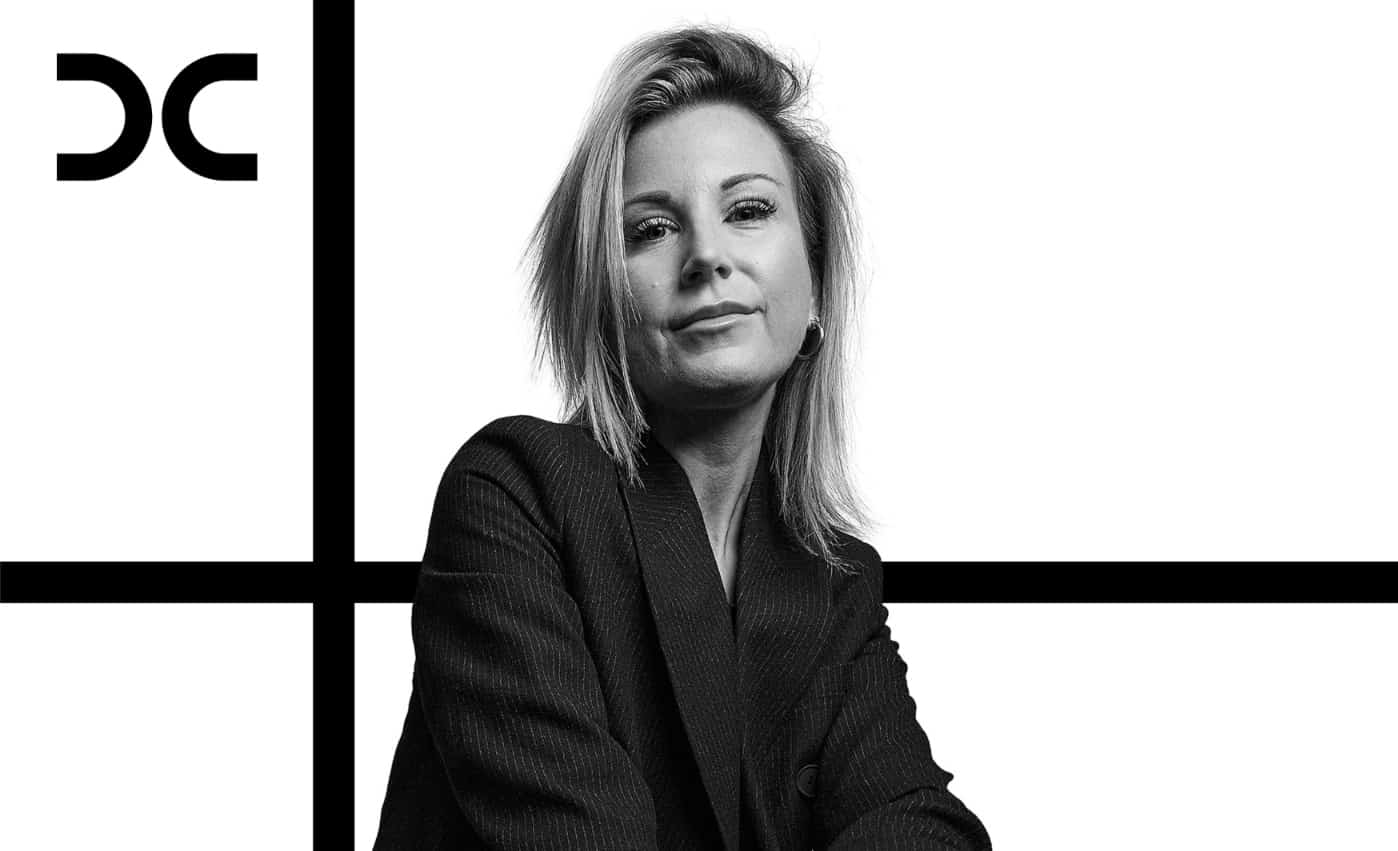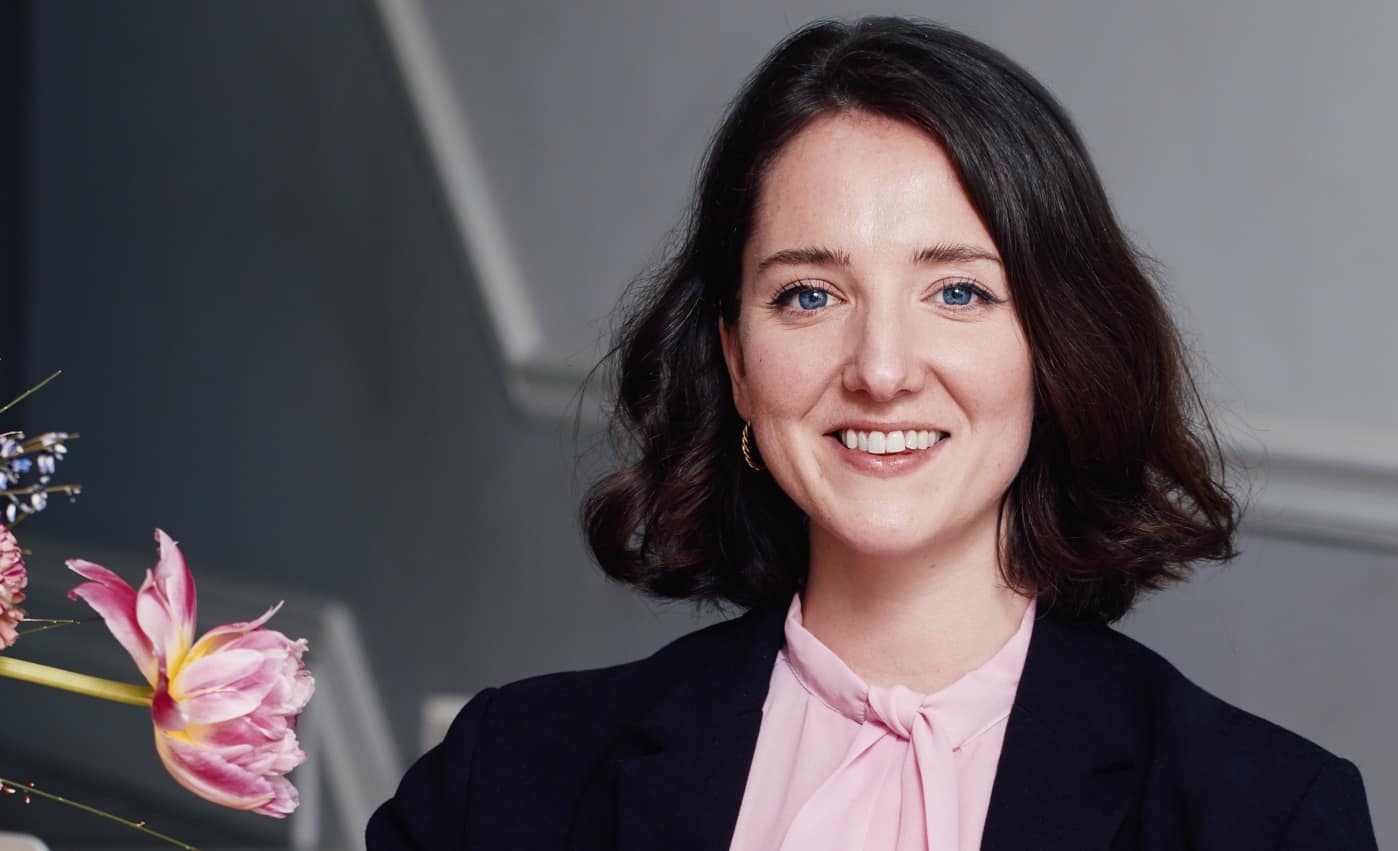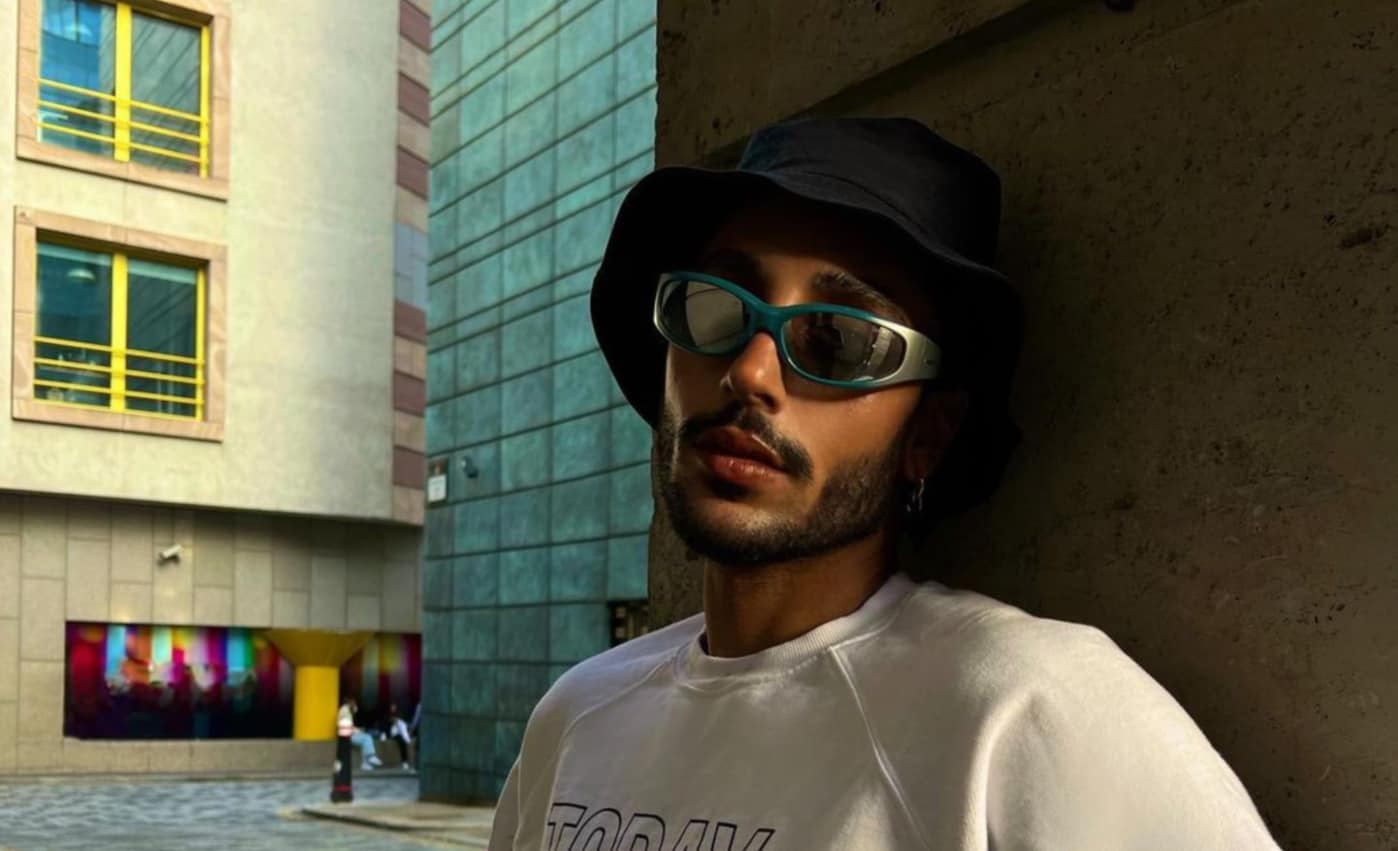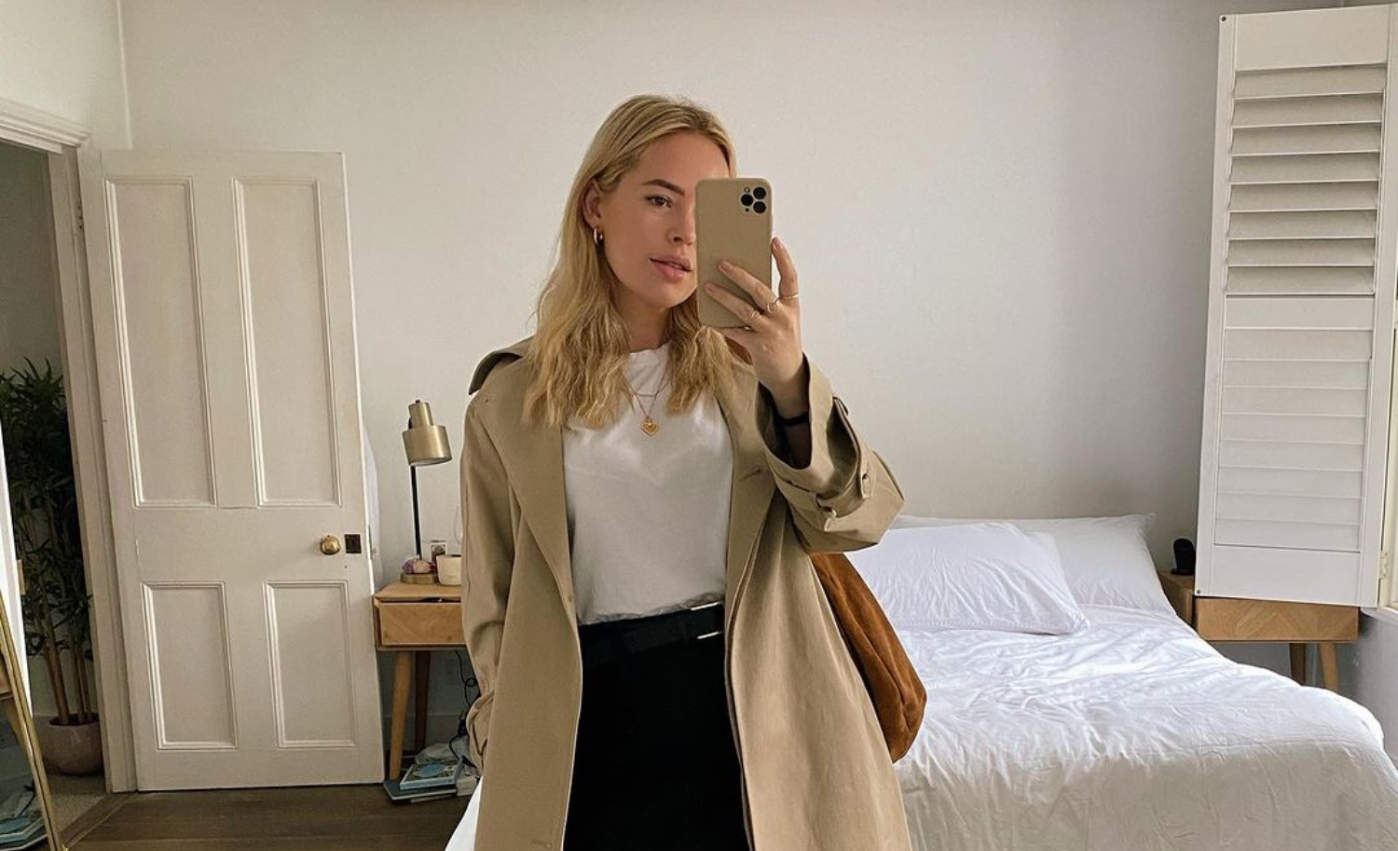Melanie Kentish is glowing. When I first interviewed her, in late 2022, as she took over as managing partner of Gleam Futures, I described her as “fizzing with authority”. She was all eloquent efficiency and high-adrenaline. Just over a year later, we are talking again because Kentish exited Gleam in July 2023, and then Gleam itself folded, and in the rubble, Kentish has found the rubies. She set up Dopamine Studios, a full-service boutique agency that she says was “launched with the ambition to increase transparency in the industry, focusing on creativity rather than margin”. Kentish is glowing because she has a creator heart and she can finally work to its beat. After five years shifting the influencer marketing goalposts at Sky (the infamous Sky Glass launch which broke Instagram is one hell of a legacy) and a year at the creator coalface at Gleam, she is in control.
Key takeaways
- Dopamine Studios’ talent is chosen for the potential to make societal change rather than just the ability to make money
- Talent should love the product so the relationship feels authentic
- Creators need to be fairly remunerated for the services they are offering – they can’t pay their bills with goodwill
- Long-form content is back
- Brand metrics are shifting from follower numbers to engagement
Kentish’s own influencer career, which began in 2006, was small and useful. For one, it taught her that she was more comfortable behind the scenes than in front. For two, Kentish learned the hard way that it is no easy feat to build communities and generate entertaining formats. As a result, she has always been “creative-first” in her career, and, now that it is her name on the lease, Kentish is not building a content farm on Charlotte Street, where her new offices will be. Instead, she is prioritising mental health before money – and talent are queueing up to get through the Dopamine door.
Kentish started at Gleam in October 2022, straight from her role as group director of influencers at Sky, where she “was dealing directly with talent and negotiating and coming up with creative, so I knew what worked”. She was headhunted by Dentsu International to run the talent management arm. It was the OG, the big kahuna, the agency that had been built around the original YouTube influencers, the so-called “Brit Crew” of Zoe Sugg, Alfie Deyes, Tanya Burr and Jim Chapman, and had been acquired by the media conglomerate in 2017. But the Gleam format was looking a little tarnished and Kentish was hired to provide a fresh shine. She says: “I went there with the belief I would be able to make change. There had been a period of turbulence and I wanted to settle it. But it became apparent that I couldn’t make the changes I wanted whilst being a part of a big network.”
Kentish felt that with the focus so much on margin, there was less awareness (or care, even) that they were in the people business. Reading between the lines, she was clearly frustrated by what she saw as outdated industry practices and worse, a lack of perspective about the power, the very influence, this burgeoning economy wielded. At Gleam, Kentish introduced an anti-filter initiative (here), and “was really incredibly proud of that, and it felt as if it was cut short when I left”. The mental health of the talent and their audiences is of primary concern to Kentish, and it clearly conflicted with an aggressive money-making agenda. She was left with the feeling: “I need to be in charge of my own destiny.” So, she took it. Dentsu subsequently shuttered Gleam’s talent management arm in January this year (for CORQ’s report see here).
Dopamine Studios’ mission is simple: to create happiness. Kentish is passionate about encouraging her talent to fulfil their individual hopes and ambitions, while also making moves for the communities they represent. As Kentish is making the rules, her talent, who include Joshua Patterson and Kat Farmer (one of several who followed her from Gleam), are chosen “based on whether we can make societal change with them, versus just making profit from them”.
I ask her how it feels to make decisions where mental health and happiness rather than cash flow underpin every deal? “It’s incredibly liberating not having pressure to hit a certain target every month, per quarter, per year. Obviously, we need to make money and I have a responsibility to the team. However, my belief is by focusing on the mental health of our talent, they will have longer, more sustainable careers and we will be more successful in the long run.” Dopamine Studios has an angel investor, with, says Kentish: “a very, small minority stake, so that we can continue to have this freedom. I have no intention of taking investment or selling anytime soon. I just want to focus on being able to do the work.”
To the work. Gleam unlocked a talent and a zeal in Kentish for managing people: “I enjoy enabling other people to get to where they want.” She says talent is often strangled by “restrictive management contracts with long sunset clauses in them” meaning that if they leave, they are prevented from working with certain brands or in certain sectors. At Dopamine Studios, there are no such clauses – instead, the “focus of all of our efforts is on doing great work and keeping the talent happy, so they’re wanting to be there”. The talent is offered opportunities, “not just transactional campaigns”. The team are always “making sure they aren’t overloaded”. And crucially, says Kentish: “We’re building them into their own brands rather than just promoting other people’s.” This so, as Kentish says: “They are actually in charge rather than an algorithm.”
You may also like
Kentish doesn’t believe her guys should be across all platforms all the time because “that’s when you fall out of love with what you’re doing”. She adds ruefully: “We went through a stage where every single creator had to have a book, and now every creator has to have a podcast. I would much rather focus on really great content on whatever platform that sits on, rather than on a scattergun approach across all, and not really hitting any of them as it should.”
She uses the example of one of her creators, Ruth Crilly, the model turned beauty blogger: “Ruth Crilly is an amazing writer and incredibly funny, so focusing on what she does on YouTube and her newsletter suits her. Whereas there are others for whom a blog would be their worst nightmare.”
Kentish acknowledges, though, that talent do have to adapt to the global platform shifts. She says: “It’s been hard for some of the original talents to see this evolution where there are creators rising so quickly on TikTok.” But, she says, the danger of quick fame is flaming out just as quickly. The key, says Kentish is “knowing what your essence is, and staying true to that, but being open, because if you keep doing the same thing over and over, you will die out, like any job”.
Kentish radiates with enthusiasm when talking about her roster and their ambitions. Patterson, she tells me, is heavily involved with the government talking about mental health: “That for me is just the dream.” She also highlights the work of Adele Roberts (also a former Gleam alumna) who reached the final of Dancing on Ice in March 2024. Says Kentish: “She was the fastest person to run a marathon with a stoma, and now Dancing on Ice! She’s just continually breaking boundaries.” Again, for Kentish, it isn’t about money: “There’s no amount of money that you can put to that. With Adele, it’s about how you can spread the message to a wider audience and for that, I will always be her biggest cheerleader.”
As for brands, Kentish says the plan is to work with clients that her talent like and in ways that make creative sense. “Firstly, we make sure that the talent absolutely loves the product so the relationship is authentic. We will do that before we even provide a rate. Then we’ll go back with a creative treatment. The brand may have sent over a brief but we will go back saying ‘this is how we would bring it to life’.” Having worked brand-side, Kentish is also motivated to make it “super easy” for the clients, “getting content way ahead of time, getting insights immediately”. These are quick things that ensure the smooth running of campaigns and benefit everyone. For all the talk about not having money on her mind, Kentish also has an eye for a contract. She says: “There has been a lot of education with brands who have previously relied on organic coverage, because they go ‘why would we need to pay when we get all of this organic coverage?’ Because goodwill runs out. Creators can’t pay their bills with goodwill. They need to be fairly remunerated for the services they are offering.”
Aside from the talent management arm of the business, Dopamine Studios is also involved in influencer marketing: “I’m working with ITV on its 2024 influencer strategy and ambassador programme.” As well as mental health, Kentish is also laser-focused about diversity: “I’ve stipulated there needs to be a minimum of 45% diversity in there. We’re onboarding all of these ambassadors who are being fed through into that system.”
The creator landscape is changing so rapidly that Kentish is feeling the advantage of a boutique agency, able to operate by its own rules. She is betting on the return to long-form, on the return to niche content, on a refreshed look at community-content and on creators who can own their IP. She says: “Already you’re seeing the shift from brands away from follower numbers to engagement. But I think that will go further again, whereby, for example, a newsletter where people have opted in to receive your content directly to their inbox is going to be more valuable again. I think there will be a mix in the media.”
Very much in the middle of that mix will be Melanie Kentish, and she is visibly thrilled to be there. Working for herself, applying her values has been transformative: “Every morning you wake up feeling excited rather than with the dread that you have somebody to report to.” Must be all that dopamine!
By Emilie McMeekan, CORQ features director. Picture credit: Melanie Kentish










